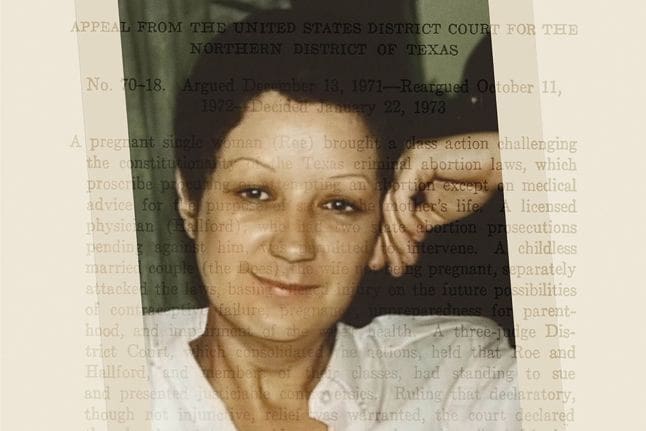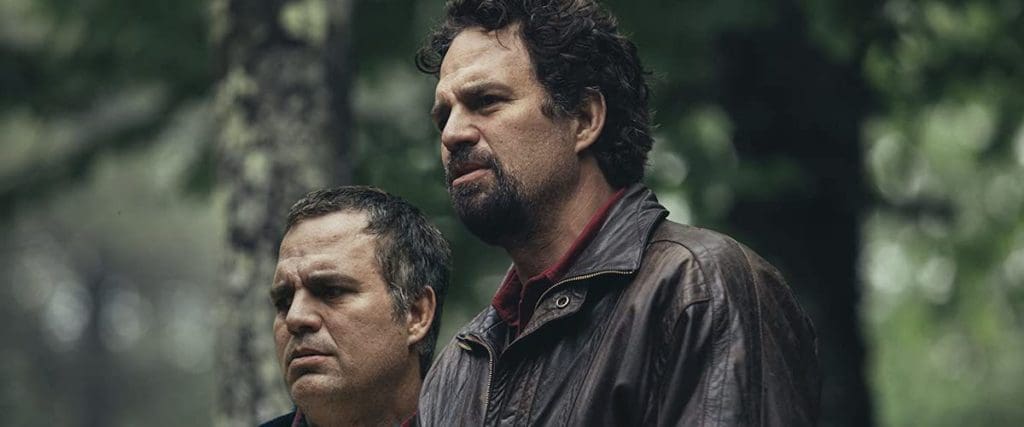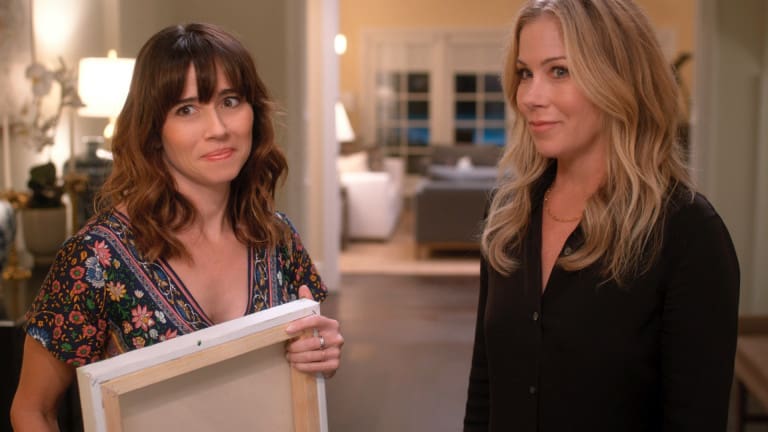
FX has put out a new documentary regarding Norma McCorvey AKA Jane Roe. Yes, the JANE ROE whom the famous Supreme Court decision regarding a woman’s right to an abortion is upheld. Norma is the woman whom the lawyers used to base their case on. Given how important and tumultuous this court decision was and is for American women, I wanted to tune in and watch this show to learn more about her.
To say I was disappointed would be an understatement. I am questioning, however, if I am disappointed in who she is as a person or the way she was portrayed in the documentary. My guess is more of the former and then disappointment in how this played out in the women’s movement somewhat.
Norma appears to have been a woman who was traumatized as a child by a series of events, most not of her own making until she was old enough for them to be of her own making. From childhood sexual trauma, to reform school, to an alcoholic parent, to socioeconomic poverty, Norma experienced many early events set her up for a life that would be hard.
However, choices were made. She does get pregnant several times out of wedlock. She never had an abortion herself. However, when she sought an abortion in the state of Texas, the Doctor asked if she had been raped. She lied and said she had been. Even with this reason behind her, she could not access an abortion, but she makes a great plaintiff for two young lawyers who are looking for an economically poor woman who could not access a legal abortion in Texas. When they found Norma, she fit what they were looking for perfectly, and the fact that this pregnant happened by rape did not hurt the case.
Apparently, there is no mention of rape in any of the legal briefs, but the story of the plaintiff was known and many felt it was this unstated, but known, reason that Roe v. Wade came to become the landmark court case that ensured women access to abortion in the first three months of pregnancy.
What am I disappointed in? That Norma lied and then told the truth. It feels like this threatens the decision on some societal level that has played out again and again between the two sides of this debate ever since 1973. Even more disappointing was how leaders in the feminist movement saw Norma. She was not to be trusted because of her lie, but it was also insinuated in the documentary that leaders, like Gloria Steinem, did not want her to speak because she was not an educated, beautiful woman with means. These are the types of women who were invited to speak.
Now, the whole case was able to be put together because Norma was poor, uneducated, and without any means to help herself. Yet, when it really comes time to amplify these women’s voices, the women’s movement preferred Valerie Harper and Morgan Fairchild. I still feel much of the women’s movement is really about white women privilege and not really about serving women. This was a great disappointment for me to see in action.
Norma continues to pay the center stage actress in the debate regarding Roe v. Wade. Later in her life, she was paid great sums of money to switch sides and work with the evangelicals to try and overturn the Court’s decision. Her “deathbed confession” that is the center of this documentary has Norma giving one more shocking piece of information. She simply did all of that pro-life stuff for the money — she really stands by her pro-choice stance.
It was not a huge revelation to me. Norma seems to be mentally unwell and her decision to tell truths, lies, make decisions that give her money at the expense of others, and flippantly turn on herself and the movements at whim all serve herself and not much more. To me, this was quite disappointing. I wanted Norma to have raised herself up to be a woman of substance that was honest, truthful, stood by and for women, and whom others important in the movement would see and recognize, and that I could turn off this program and feel good about her, her life, and who the whole Supreme Court decision rode on.
Instead, this woman was traumatized, opportunistic, a survivor, and one who had no idea what it all meant outside of herself and which side was buttering her up depending on which stage of life she was in. She was used by both sides, but willingly. At some point, I found myself fed up with Norma and who she is as a person.
Yet, she was real. She is the face of millions of women who seek reproductive medical care for themselves each and every day. She lives on for the original bravery to stand up for herself. We have a lot to say thank you to her for, but it’s good to know the entire picture and realize all people are complex, complicated, and even, for me with Norma, disappointing.
How can anything good come out of such a person? And yet her impact is great for those who agree with whatever side she was on when she was on it.


